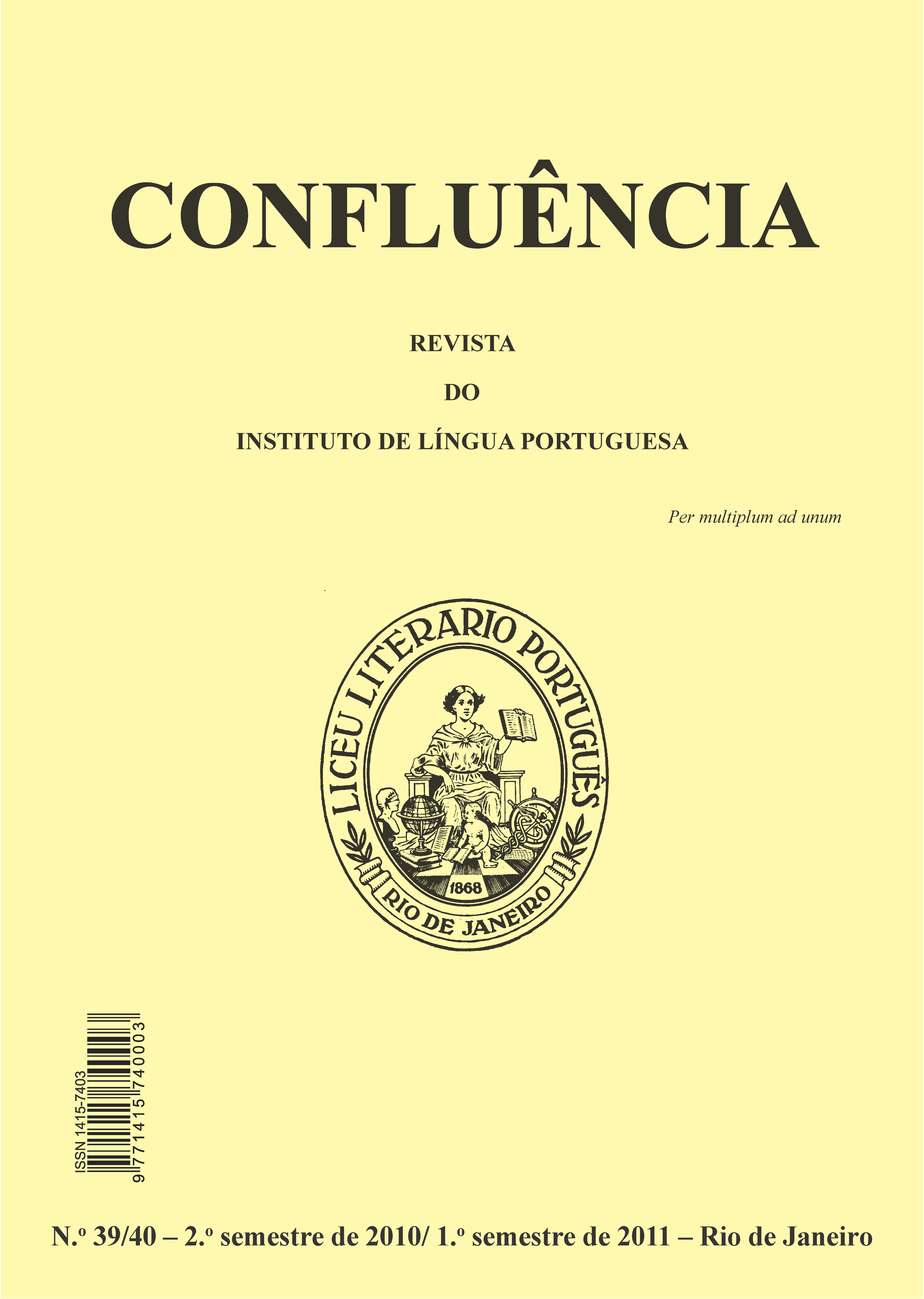A questão do segredo nas antilínguas
uma visão ecolinguística
Keywords:
anti-language, street children, gipsies, rastafari, criptoletoAbstract
Our interest in this paper is to discuss the issue of secrecy in the so called anti-languages, which are created by underground groups or any group whose members want for whatever reason to communicate with each other without being understood by the members of the surrounding community. Using the theoretical framework of ecolinguistics, we analyze the anti-language of street children, as well as the one from the gypsies (calon and kalderash) and the dread talk of the Jamaican Rastafarian movement. No matter how small is the group, their small community does not escape from the fundamental ecosystem of language, according to which we will only have a linguistic expression if there is a group of people (P) which is in a particular area / territory (T), using its specific language (L). In this case, with the exception of Kalderash language, this language is only a small vocabulary used in the context of Portuguese grammar. Finally, we note that the immigrants of the second and third generation or more also use the little devices that still retain from the language of their ancestors as a sort of anti-language.
Downloads
Downloads
Published
Issue
Section
License

This work is licensed under a Creative Commons Attribution-NonCommercial 4.0 International License.
The author who publishes in this journal agrees to the following terms: The author maintains the copyright and grants the journal the right of first publication, with the work simultaneously licensed under the Creative Commons Attribution License that allows the sharing of the work with acknowledgment of the authorship and initial publication in this journal. The author is authorized to take additional contracts separately, for non-exclusive distribution of the version of the work published in this journal (eg publish in institutional repository or as a book chapter), with acknowledgment of authorship and initial publication in this journal. The author is allowed and encouraged to publish and distribute his work online (eg in institutional repositories or on their personal page) at any point before or during the editorial process, as this can generate productive changes, as well as increase the impact and citation of the published work.








